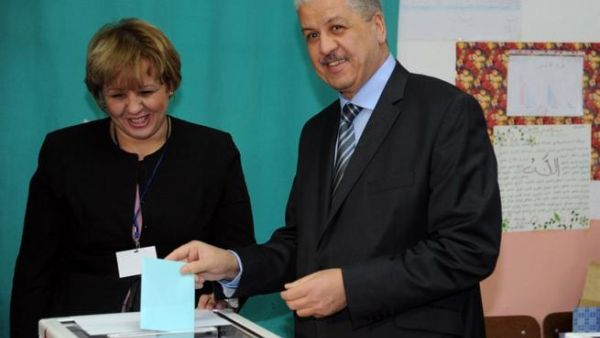Algerians began casting their ballots on Thursday in local elections to determine who will represent them in the municipal councils. 52 parties and 197 indepedent candidates are all vying for the vote.
The government are hoping for a turnout of at least 43 per cent in a country of over 20 million people, as happened five years ago. Ruling party, The National Liberation Front, are expecting a landslide.
Algeria has not felt the effects of the Arab Spring in the same way as its neighbors, Tunisia and Libya. Analysts claim their peaceful transition to a more democratic state is due to the collective memory of the horrors of civil war during the nineties. Nearly 200,000 people were killed when Islamists battled against the ruling government, during this time.
The nation's president, Abdelaziz Bouteflika, quickly calmed any signs of uprisings last year by instigating wage increases and creating a system of loans for small investors.
However, commentators believe the turnout for the local elections could be hampered by the lack of power placed in the hands of mayors. Despite government reforms, most decision-making in Algeria is still made at state level.







